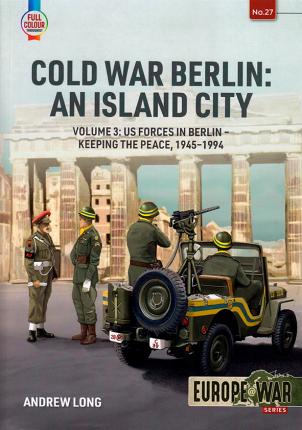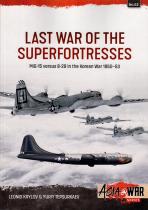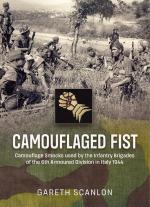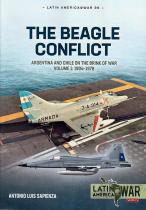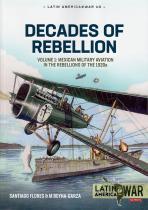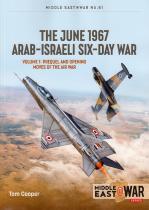At the end of the Second World War, the victorious Allies split Germany into three zones of occupation, and Berlin into four sectors, one each for the British, Americans, French and Soviets. It did not take long for the wartime alliances to crumble into distrust, obstruction, acrimony, and the first skirmishes of a new Cold War followed soon after, with the city of Berlin becoming the frontline in this new struggle.
Although Stalin hoped to have Berlin all to himself (it was, after all, well within his zone of occupation), the other Allies refused to hand over this prize and moved combat forces into the city just as soon as the Soviets would let them in. The city became the headquarters of the US military government in Germany and home to a sizeable garrison of US troops. Their mission was primarily peacekeeping, but this developed into a defensive force once the West realised the extent of the threat from the East.
This book looks at how the American garrison began as a short-term occupation force and developed into a sizeable self-sufficient military community. It examines the units deployed to this peacekeeping mission, how they were organised and supported the combat forces, how the garrison itself was policed, and how the citizens of West Berlin went from being controlled to being empowered. It studies lesser known units such as the short-lived US Constabulary, the last active horse platoon in the US Army, and the civilian 6941st Guard Battalion. It also looks at how ‘soft power’ was projected to the citizens of West Berlin and their communist neighbours.
This volume is the first of two covering US forces in Berlin during the Cold War, from their arrival in July 1945, through the building of the Berlin Wall in 1961, its fall in 1989, and German re-unification the following year, to the departure of American Berlin Brigade in 1994. The next volume will cover the plans for the defence of West Berlin in the event of a direct confrontation with the East. It is the third title from the author in a mini-series of books on Cold War Berlin. The text is richly illustrated with photographs, illustrations, diagrams, tables, maps, plans, and colour profiles, and is printed in full colour throughout.
